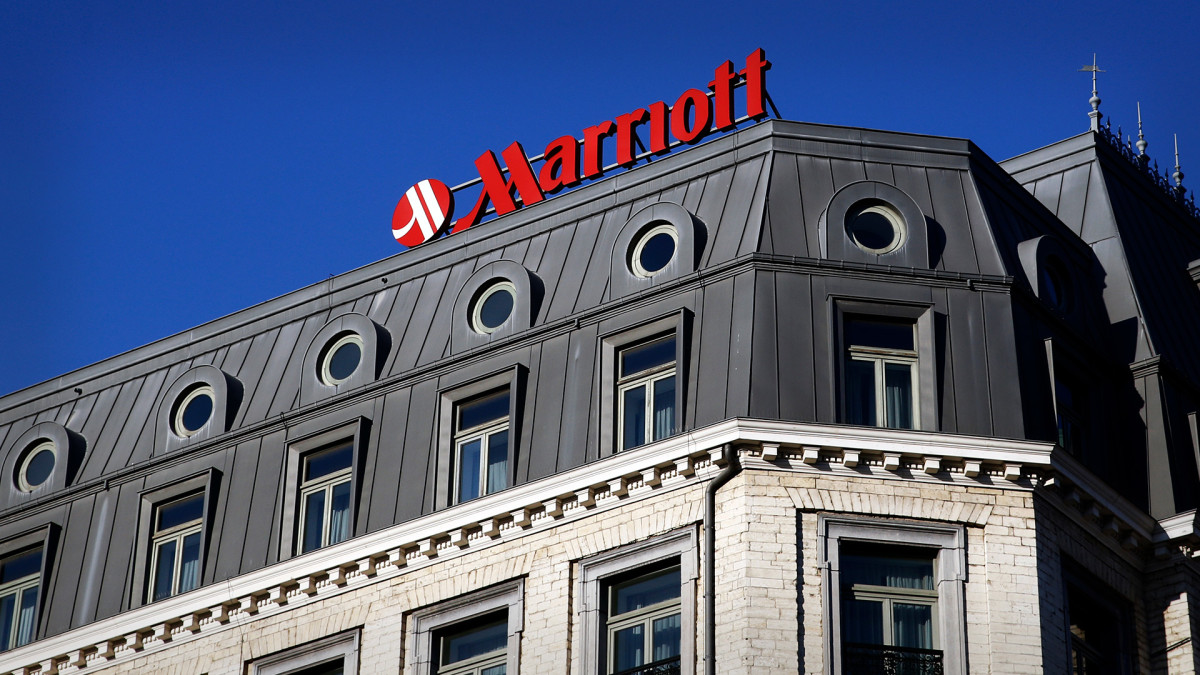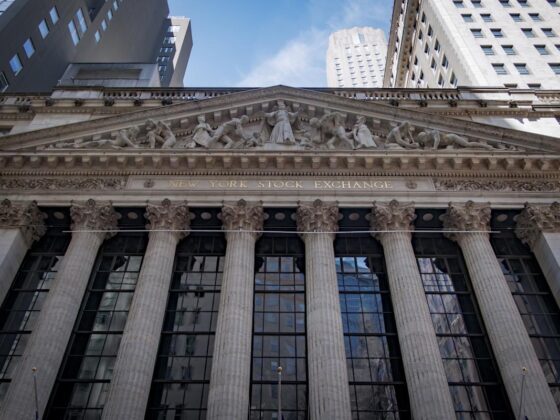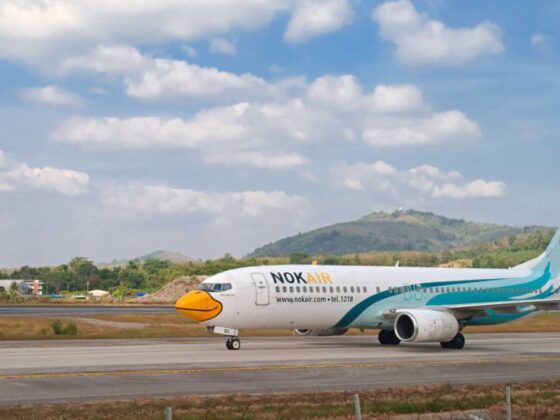If it seems like everyone you know is in London, Paris, or Dublin this summer, it may be because they are.
While last summer, anti-tourist sentiment in Spain and other parts of Europe made headlines and made some people reconsider their summer holidays, this year it doesn't seem quite so dramatic over there.
In fact, there's a 10% increase in the number of Americans who are traveling abroad this summer, according to TravelPulse.
Marriott International (MAR) is one American company that continues to benefit from the global travel rebound, but its latest earnings report makes one thing clear: Not all parts of the world are recovering at the same pace.
Related: Marriott's loyalty program just got a whole lot less valuable
During the company's Q2 earnings call on August 5, Marriott said its second quarter of 2025, global revenue per available room (RevPAR) — a key industry metric — rose 1.5%, driven by strong international performance.
RevPAR increased more than 5% overseas, fueled by robust demand in Asia Pacific and Europe, the Middle East, and Africa.
But in Marriott’s largest markets — the U.S. and Canada — RevPAR was flat year over year, a signal that parts of the American travel economy are still lagging behind their global peers.
Image source: Shutterstock
Leisure leads, business lags
CEO Anthony Capuano pointed to declining government travel and weaker demand from business travelers in the company’s select service segment as key headwinds.
“While leisure travel demand continues to be strong globally, we’re seeing more tempered growth in U.S. urban markets, particularly among cost-conscious travelers,” he said on the call. “That said, our international performance and conversion momentum give us confidence in our full-year outlook.”
More travel:
- Americans lose travel freedom as US passport power fades
- Forget Southwest, Spirit, Frontier: Budget airline takes title
- The airport security mistake that could ruin your vacation
Leisure travel continues to anchor the recovery, Capuano said, with demand for luxury experiences holding up especially well. But business and government-related travel — once major drivers for Marriott’s U.S. business — remain softer than expected, highlighting an uneven post-pandemic recovery.
That divergence is shaping Marriott’s strategy. The company continues to push into international growth and lifestyle travel — areas where demand has rebounded faster and remained stronger.
Marriott financial highlights
Despite regional softness, Marriott posted solid Q2 results:
- Adjusted diluted EPS: $2.65 (up from $2.50 a year ago)
- Adjusted net income: $728 million
- Adjusted EBITDA: $1.415 billion
- Base management and franchise fees: $1.2 billion (up 5%)
- Incentive management fees: $200 million, with nearly two-thirds from international properties
Revenue from owned and leased properties also rose, partly due to the addition of the Sheraton Grand Chicago.
New Marriott brands with a global appeal
Marriott is doubling down on global and lifestyle offerings with the launch of Series by Marriott™, a new regional brand aimed at the midscale and upscale segments. Its first deal affiliates the Fern Hotels in India with the new brand — a move that opens new doors in a fast-growing market.
Related: Las Vegas Strip Sphere adds new take on classic movie
Separately, Marriott closed its acquisition of citizenM, a boutique lifestyle chain known for high-end, small-footprint hotels in city centers.
Marriott has more new rooms in the pipeline than at any other time in its history
Marriott added 17,300 net rooms in the quarter and now has a development pipeline of over 590,000 rooms — the largest in its history. Notably, 70% of new signings came from international markets, with conversions accounting for about 30% of total signings and openings.
The company says it still expects net room growth to approach 5% for the full year.
Marriott outlook: Bonvoy keeps growing
Membership in the Marriott Bonvoy loyalty program hit 248 million in Q2. The platform continues to be a critical engagement tool, offering members travel perks and exclusive access to events.
As Americans travel less for business, Marriott is adapting. Its asset-light model, combined with a growing international footprint and consumer demand for unique experiences, is helping the company weather domestic slowdowns.
Related: Disney World shares expansion plan to take down Epic Universe












